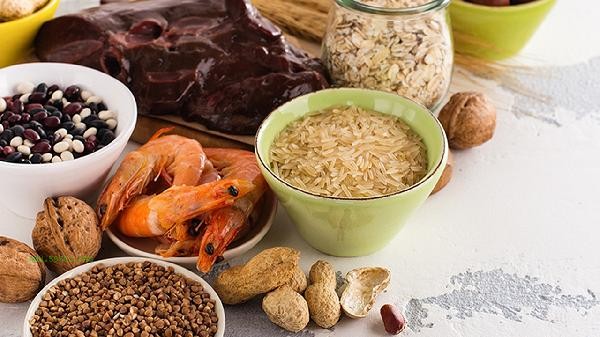Vegetables with pesticide residues in small amounts usually do not have a significant impact on health, but long-term or excessive intake may cause adverse reactions such as gastrointestinal discomfort and neurological symptoms. The impact of pesticide residues is mainly related to the residual amount, pesticide type, and individual sensitivity. Common risks include acute poisoning reactions, chronic health hazards, increased liver and kidney burden, endocrine disruption, and weakened immunity.

1. Acute toxic reactions
High dose pesticide residues may cause acute gastrointestinal symptoms such as nausea, vomiting, abdominal pain, and diarrhea. Organophosphorus pesticides may also cause neurotoxic manifestations such as dizziness, sweating, and muscle tremors. In the event of such a situation, it is necessary to immediately stop consumption and seek medical attention. It is recommended to reduce the risk of residue by rinsing with running water, blanching, and other methods in daily life.
2. Chronic health hazards
Long term exposure to low-dose organochlorine or pyrethroid pesticides may increase the risk of cancer or lead to chronic damage to the nervous system. This type of pesticide is prone to accumulate in adipose tissue, so choosing seasonal vegetables and peeling off the skin can reduce intake.
3. Increased burden on liver and kidneys
The liver and kidneys are the main organs for pesticide metabolism, and long-term exposure to carbamate pesticides may affect liver and kidney detoxification function. Special populations such as pregnant women and children should pay more attention to choosing low residue vegetables to avoid increasing metabolic burden.

4. Endocrine Disruption
Some insecticides and herbicides have estrogenic effects, which may disrupt the balance of hormones in the human body. It is recommended to prioritize purchasing vegetables grown outdoors during the season, as greenhouse off-season vegetables may contain higher doses of growth regulator residues.
5. Decreased immunity
Certain pesticides can inhibit immune cell activity and increase the risk of infection. Diversifying the diet and pairing it with foods rich in vitamin C and dietary fiber can help promote pesticide metabolism and excretion.

To reduce the risk of pesticide residues, it is recommended to observe whether vegetables have natural growth characteristics such as insect eyes when purchasing, and prioritize organic certified or green food labeled products. Rub with running water for more than 30 seconds during processing. Leafy vegetables can remove their outer leaves, while root and stem vegetables can be peeled and consumed. Quickly blanching during cooking can remove some water-soluble pesticides and avoid prolonged soaking that can cause pesticide reverse osmosis. Maintaining a diversified intake of vegetables and fruits in daily life can not only diversify risks but also ensure nutritional balance. If abnormal symptoms such as numbness in the lips and persistent abdominal pain occur after consumption, timely medical attention should be sought.








Comments (0)
Leave a Comment
No comments yet
Be the first to share your thoughts!